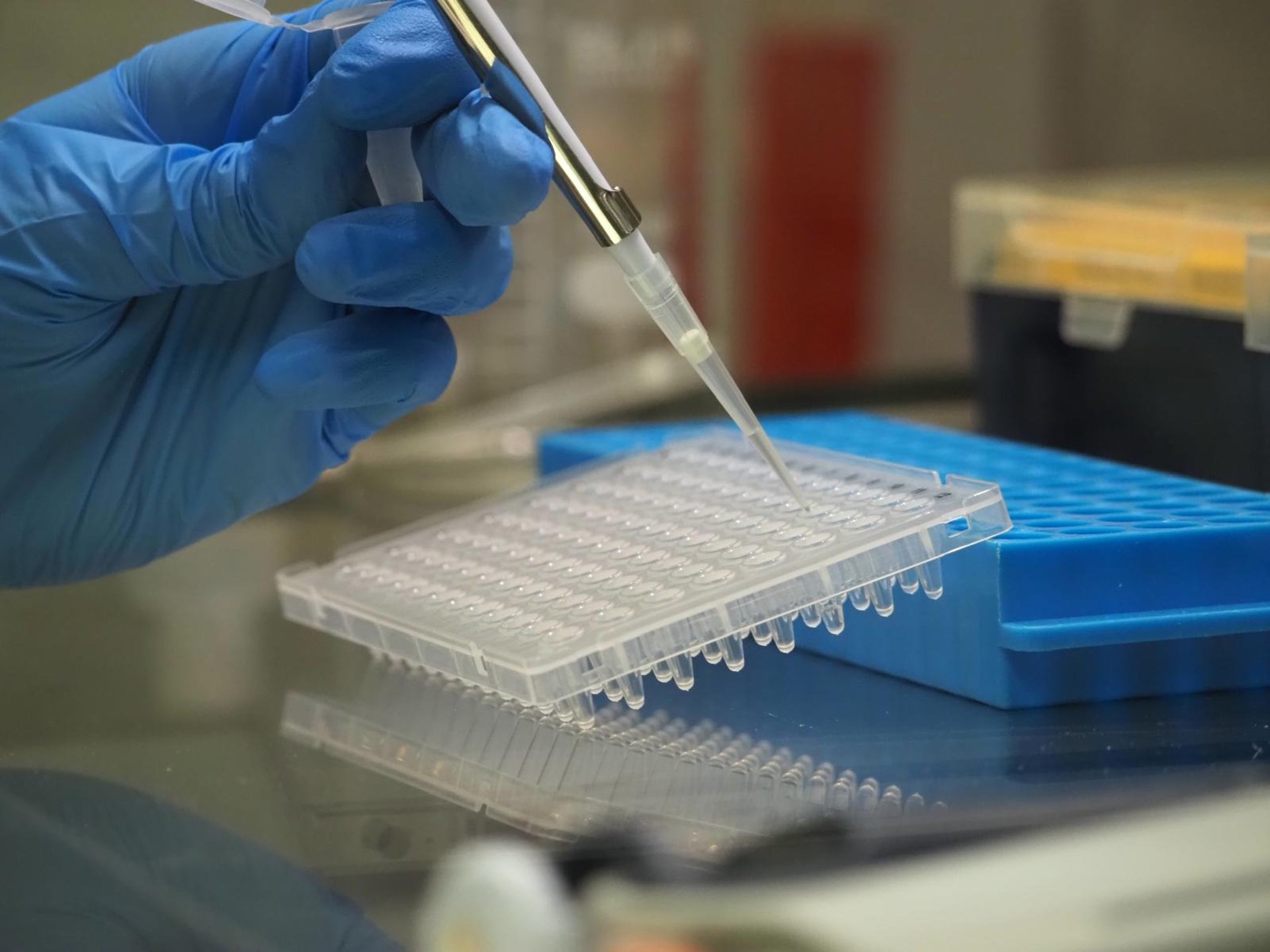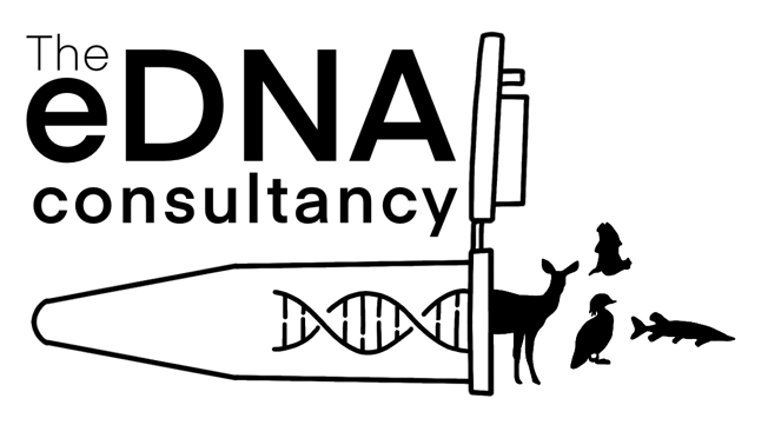
Why Quality Matters in eDNA


Why Quality Matters in eDNA
Environmental DNA (eDNA) is one of the most innovative tools in modern conservation, enabling the detection of species from minute traces of genetic material left in water, soil, or air. Trusting the right partner for your sample analyses, and knowing the key questions to ask, helps ensure the highest quality results for your project.
At The eDNA Consultancy, we believe that clarity and rigour are key. What happens behind the scenes ensures that the results you receive are reliable and meaningful. When survey design or laboratory processing is not focused for eDNA monitoring, the consequences although subtle can be important:
Biodiversity baseline monitoring may be incomplete, affecting decision-making.
Survey design may be harder to implement for your field staff.
Follow-up surveys may be required, adding to cost and delivery time.
Why replication matters
One of the most important steps in eDNA analysis is polymerase chain reaction (PCR). This is the process that makes enough copies of DNA for detection. eDNA is rarely uniformly distributed in your sample and with a metabarcoding study whilst you may have collected DNA from dozens of species, whether they are detected or not can depend on how many PCR replicates are run.
Research has shown that increasing PCR replication increases the number of species detected per sample.
Shirazi & Meyer (2021) ran 24 PCR replicates per primer set and found that 21–29% of species were only detected once across all replicates.
Anmarkrud et al. (2025) found that more than 10 replicates were needed before species detections reached a plateau.
This evidence highlights that replication is not just a technical detail, but a critical factor in maximising biodiversity detection.
It might be useful to know that single-species surveys can offer higher sensitivity, specificity, and cost-effectiveness compared to increasing replication in metabarcoding, but of course you don’t receive the wealth of species identifications. We generally recommend a single-species eDNA approach when the objective is to detect or monitor a target organism of particular conservation, regulatory, or management concern. Balancing budgets and replication can be challenging, we can help with that decision so if you're unsure get in touch for a free project consultation.
More information on single-species analysis - Single-species analysis | The eDNA consultancy
Transparency is key
At the eDNA Consultancy, we are transparent about the methods that underpin our trusted eDNA analysis. Helpful information to ask your laboratory service includes:
Quality control steps – how contamination is prevented and monitored in the field collection and in our laboratory analysis.
Number of replicates – how many times each sample is tested.
Primer sets – which genetic markers are used, and why.
Asking about these details is a good way to understand the reliability of your results. Transparency is always a hallmark of robust science.
Our approach
We’ve built multiple layers of quality checks into our process:
Field control kits (free with every project): Control samples are processed alongside field samples to confirm robust field sampling and detections that come from the environment, not equipment.
Extraction controls: Every batch of samples includes controls to monitor laboratory contamination.
PCR controls: Each PCR run contains both positive and negative controls to check chemistry and guard against false signals.
Replication: Our metabarcoding workflows include twelve replicates as standard, ensuring strong and reliable results. We can provide additional replicates on request, or advise if a targeted single-species analysis would be a more cost-effective option. To optimise your project, we also use species accumulation curves to assess whether higher sampling intensity could enhance detections.
Positive controls: Appropriate DNA controls are included to confirm primers and sequencing are working as intended.
Multi-room, one-way system: Our lab layout prevents amplified DNA from reaching the clean rooms where trace DNA is handled.
At The eDNA Consultancy, we take pride in being transparent and rigorous. We go beyond simply generating a species list, we clearly explain the steps taken, the genetic markers applied, and the replicates used. Whether for biodiversity monitoring or rare species detection, we provide context that brings meaning to the data. Our clients can be confident that their results are not only reliable, but also robust and actionable.
The eDNA Consultancy
Where our expertise meets yours
ADDRESS
Unit 4 & 5, Tanhouse Farm, Frampton on Severn, Gloucestershire, GL2 7EH, GB
INQUIRE ABOUT OUR SERVICES
Web design and graphics by Bear Bones
The eDNA Consultancy Ltd is registered in England and Wales 15508607. VAT no: 482885735 © Copyright The eDNA Consultancy Ltd. All rights reserved.
